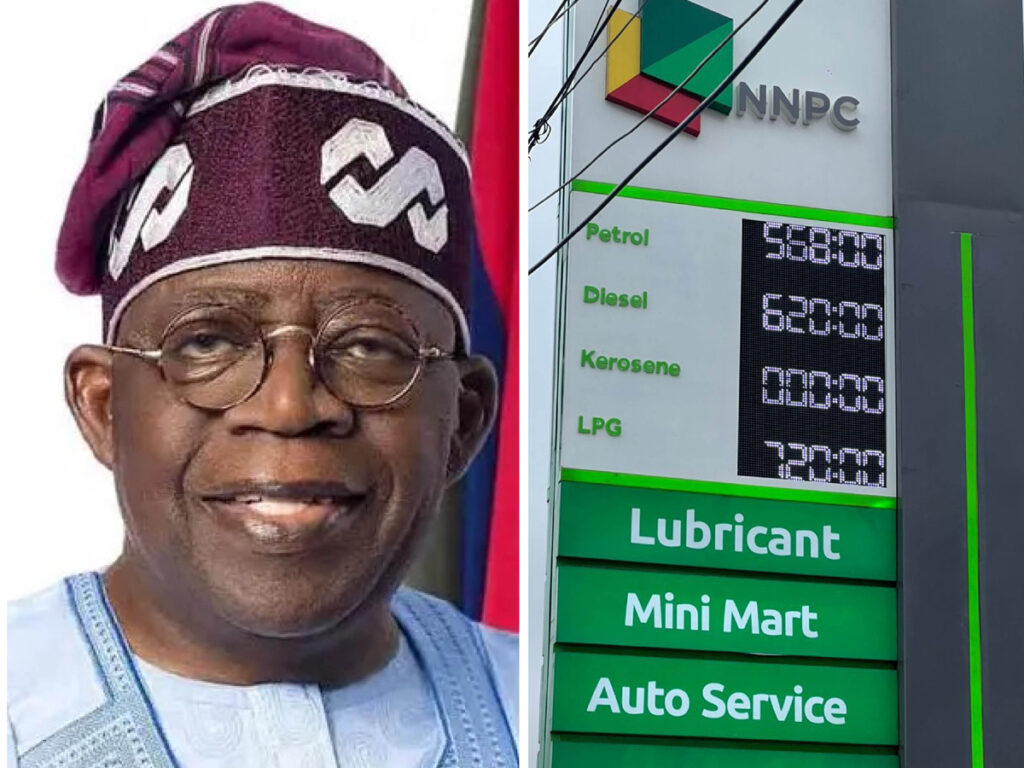The chairman of the Presidential Committee on Fiscal Policy and Tax Reforms, Taiwo Oyedele, has clarified that the controversial five per cent fuel surcharge was not introduced by the administration of President Bola Tinubu, but has existed in law since 2007.
Speaking on Channels Television’s The Morning Brief on Tuesday, Oyedele said that the provision, which stipulates a five per cent fee on every litre of fuel purchased, was enacted nearly two decades ago, but was not implemented because successive governments continued to subsidise fuel.
“One very important message for people to know is that this surcharge was not introduced by this government. It was introduced in 2007. And then it was not implemented because the government was subsidising fuel,” he explained.
In recent days, reports claiming that the surcharge would take effect from January 2026 gained traction across the country, fuelling public outrage and criticism. Civil society organisations, trade unions, and the organised private sector faulted the measure, warning that it would further burden Nigerians already grappling with the high cost of living.
The Trade Union Congress (TUC) even threatened to embark on a strike should the charge be enforced.
The uproar followed media reports linking the surcharge to President Tinubu’s tax reforms. Earlier this year, the Federal Government introduced a set of tax bills as part of efforts to consolidate revenue collection. Critics alleged that the surcharge was a new imposition hidden within the reforms.
Oyedele, however, dismissed such claims, explaining that the levy was never part of the tax proposals submitted to the National Assembly.
“While we were doing this tax reform, it was not even in the original proposal. So, it was not like the president proposed it to the National Assembly. But in the process of working on the bills, these issues came up, and then the decision was made that we should not have different agencies collecting taxes,” he said.
According to him, the law mandates the Federal Road Maintenance Agency (FERMA) to administer the surcharge, with 40 per cent of the revenue allocated to the Federal Government for road projects and 60 per cent to state governments. He stressed that, contrary to speculation, there was no indication that its implementation would begin in January.
The controversy is rooted in the removal of fuel subsidy in May 2023, which caused a sharp rise in pump prices and left Nigerians more sensitive to government fiscal measures. In the aftermath, questions have repeatedly been raised about how the savings from subsidy removal are being managed and whether new levies are justifiable.
Despite the criticisms, Oyedele maintained that the surcharge, if implemented, would serve a vital purpose. He argued that Nigeria requires sustainable funding for its road infrastructure, insisting that the measure is designed to ensure that citizens benefit through improved road networks.
However, his assurance that there is no immediate plan to enforce the surcharge has done little to calm tensions, as labour unions and advocacy groups continue to demand withdrawal of the policy.




